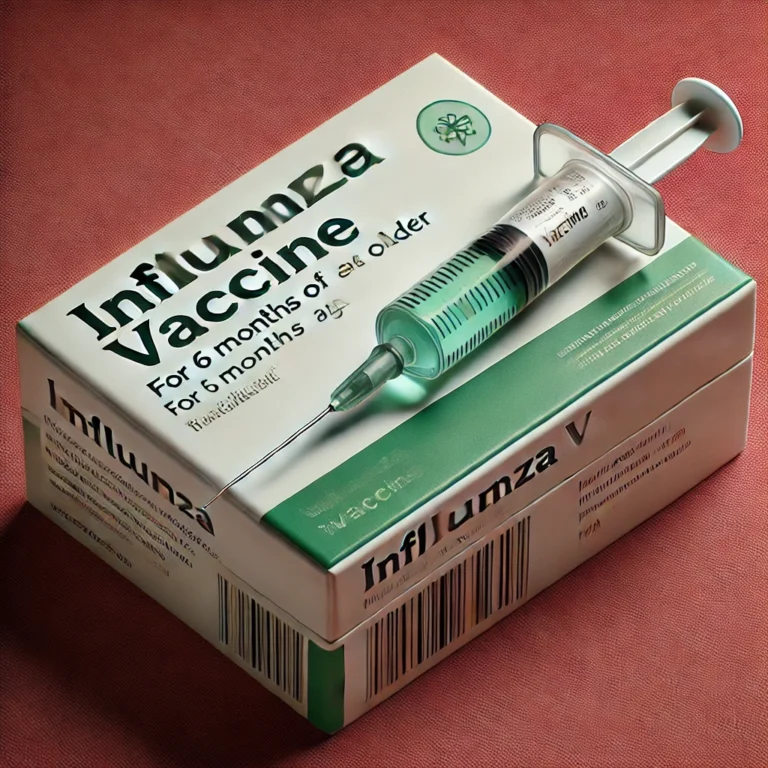Discover the fascinating science behind what makes certain individuals more attractive to mosquitoes. This blog article delves into the specific components of human body odor that mosquitoes find most appealing, providing valuable insights for avoiding those pesky bites.
Introduction
Mosquitoes are notorious for their relentless pursuit of human blood. Have you ever wondered why some people seem to be mosquito magnets while others remain relatively unbothered? The answer lies in the complex world of human body odor and the particular components that mosquitoes find irresistible. In this article, we will explore the factors that make certain individuals more attractive to mosquitoes and how you can minimize your appeal to these buzzing pests.
Understanding Mosquito Behavior
Before we delve into the specifics of human body odor, it’s essential to understand the behavior of mosquitoes. Female mosquitoes, which are the ones that bite, require blood to obtain the necessary proteins for their eggs’ development. These blood-seeking insects have developed a keen sense of smell that helps them locate their preferred targets: humans.
The Role of Human Body Odor
Human body odor is a complex blend of various chemicals, and some of these compounds have been identified as attractants for mosquitoes. These tiny winged pests rely on olfactory receptors to detect specific substances emitted by our bodies, drawing them towards potential hosts. Several factors contribute to the attractiveness of human body odor to mosquitoes.
Carbon Dioxide (CO2) Emission
Mosquitoes are highly sensitive to carbon dioxide, which we exhale with every breath. The more carbon dioxide you emit, the more likely you are to attract mosquitoes. Larger individuals and those who are physically active tend to produce higher amounts of CO2, making them prime targets for these bloodsuckers.
Lactic Acid
Lactic acid is another component found in human body odor that mosquitoes find appealing. When we exercise or engage in physical activity, our bodies produce lactic acid as a byproduct of muscle metabolism. This substance acts as a powerful attractant for mosquitoes, explaining why individuals who are active or have recently exercised often become targets.
Heat and Moisture
Mosquitoes are attracted to heat and moisture, as they are indicators of potential blood sources. When we exert ourselves or experience increased body temperature, we release more heat and moisture, making us more enticing to mosquitoes. Additionally, mosquitoes are drawn to areas of our bodies that naturally produce more sweat, such as the armpits and feet.
Other Chemical Compounds
Apart from carbon dioxide and lactic acid, other chemical compounds present in human body odor may contribute to mosquito attraction. These include ammonia, uric acid, and certain fatty acids. The exact combination and concentration of these compounds can vary among individuals, affecting their attractiveness to mosquitoes.
Minimizing Attractiveness to Mosquitoes
While you may not be able to completely eliminate your natural attractiveness to mosquitoes, there are steps you can take to reduce your appeal and minimize the likelihood of getting bitten:
Use Mosquito Repellents: Apply mosquito repellents containing DEET, picaridin, or oil of lemon eucalyptus to exposed skin. These products create a barrier that confuses mosquitoes and reduces their attraction.
Wear Protective Clothing: Cover your skin with loose-fitting, long-sleeved shirts, long pants, and socks when spending time outdoors during peak mosquito activity.
Avoid Peak Activity Times: Mosquitoes are most active during dawn and dusk. If possible, limit your outdoor activities during these times to minimize exposure.
Remove Standing Water: Mosquitoes breed in stagnant water, so eliminating any sources of standing water












